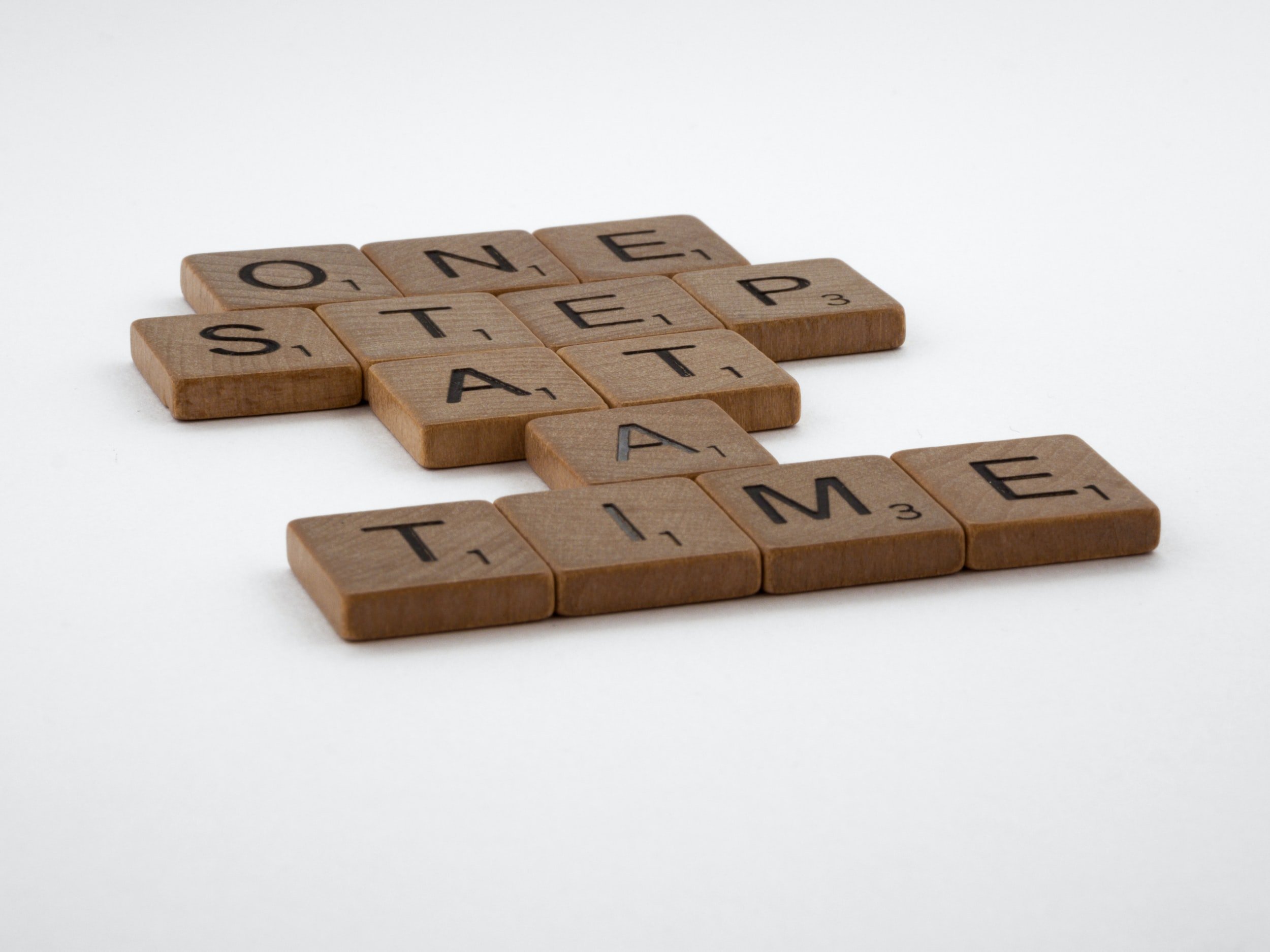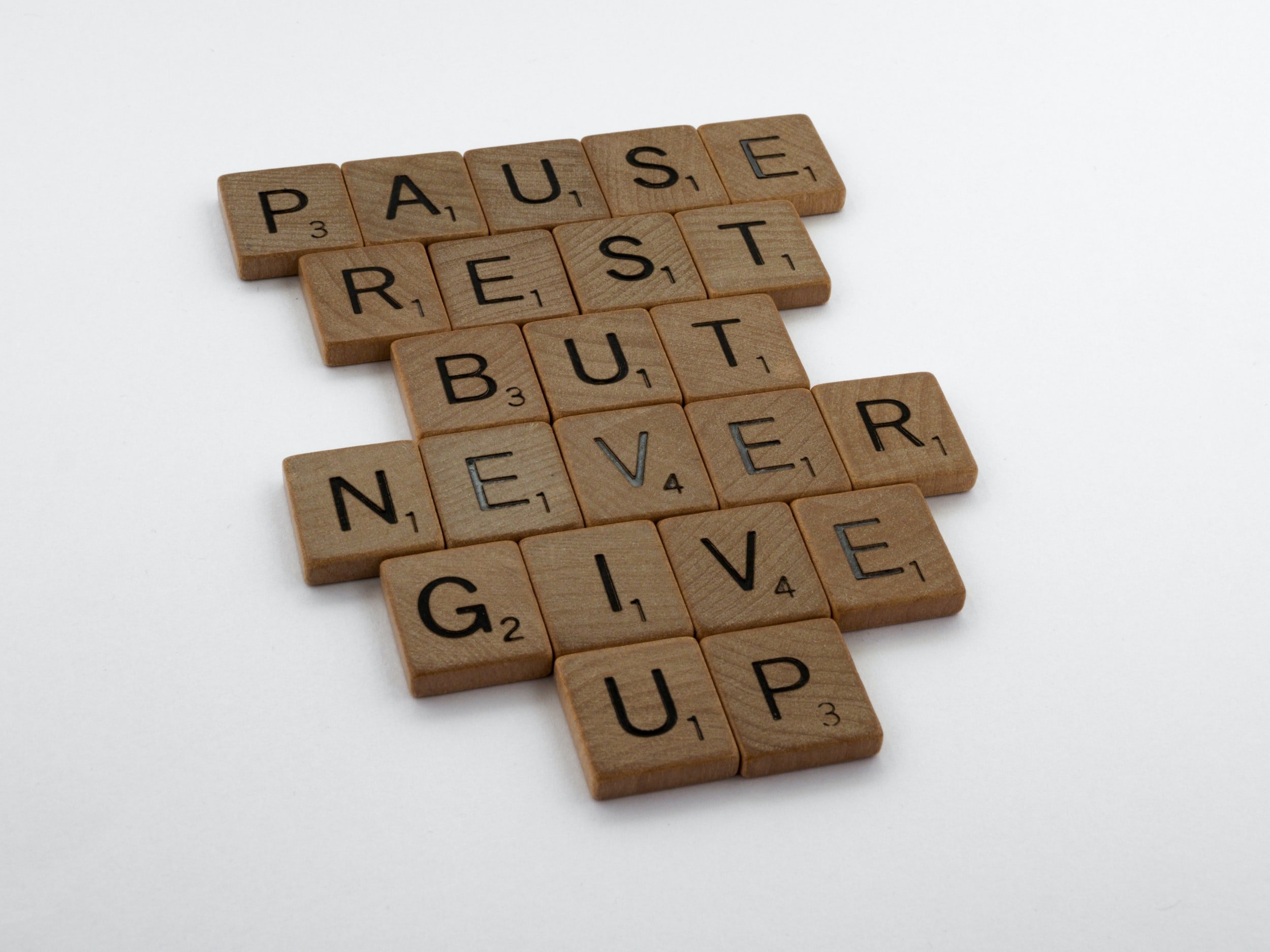Intimacy is a vital component of a healthy romantic relationship, and sexual intimacy plays a significant role in many partnerships. However, it's not uncommon for individuals to experience challenges with their sexual health, including erectile dysfunction or difficulties with erections. If you find yourself in a situation where your partner loses their erection, it's important to respond in a supportive and understanding manner.
How do I deal with my partner’s erectile dysfunction?
Here are some healthy ways to respond when your partner loses their erection:
Practice Compassion and Understanding
Is ED a reason to break up? It's crucial to remember that experiencing difficulties with erections is not uncommon and can happen to anyone. Erection issues can stem from a variety of reasons, including stress, anxiety, fatigue, medical conditions, or simply random occurrences. It's essential to approach the situation with compassion and understanding rather than judgment or frustration. Avoid blaming or shaming your partner, as it can worsen the situation and create emotional distress. Instead, be empathetic and let your partner know that you understand it's a common occurrence and are there to support them.
Communicate Openly and Honestly
So, how do people feel when they can’t get it up? Open communication is vital in any relationship, and it becomes even more crucial when it comes to sexual health. Encourage your partner to communicate openly about their feelings, thoughts, and concerns regarding their lost erection. Listen attentively without interrupting or making assumptions. Avoid making negative comments or belittling their experience. Instead, offer reassurance and express your support. Remember, your partner may already feel embarrassed or disappointed, so it's essential to create a safe space for them to share without fear of judgment.
Reframe the Situation
When your partner loses their erection, it's easy to interpret it as a failure or a reflection of their attraction to you. However, it's important to reframe the situation and see it as a temporary setback that does not necessarily indicate their feelings for you. Remind yourself and your partner that sexual performance is not the sole measure of intimacy and connection in a relationship. Unless this is communicated, performance anxiety could escalate. Emotional and mental connections are equally important. Shift the focus from the physical act to the emotional bond and intimacy you share and emphasize that you are still connected despite the temporary challenge.
Offer Support or Solutions
You may wonder if a man with erectile dysfunction could ever satisfy a partner. If your partner is open to it, offer support and explore potential solutions together. However, it's important to approach this with sensitivity and respect for your partner's comfort level. Avoid pressuring them or imposing solutions without their consent. Instead, discuss options such as seeing a healthcare professional, trying different sexual activities, or exploring relaxation techniques together. Encourage your partner to seek medical advice if they are concerned about their sexual health, as underlying medical conditions can sometimes affect erectile function. Remind them that seeking help is a sign of strength and not weakness.
Be Patient and Understanding
Your partner is most likely already wondering how to overcome their ED anxiety. Dealing with a partner's lost erection can be frustrating and disappointing, but it's important to remember that patience is key. Avoid expressing frustration, disappointment, or anger towards your partner, as it can exacerbate the situation and create emotional distance. Instead, be understanding and patient. Reassure your partner that you are not disappointed or upset with them and are there to support them through this challenge. Be willing to step back from sexual activities and focus on other forms of intimacy, such as emotional connection, affection, and closeness.
Prioritize Self-Care
Coping with your partner's lost erection can also be emotionally challenging. It's important to prioritize your own self-care during this time. Take care of your emotional and physical well-being, and seek support from trusted friends, family, or a sex therapist. Engage in activities that help you relax and manage stress, such as getting regular exercise, practicing mindfulness, or engaging in hobbies you enjoy. Remember that taking care of yourself allows you to be better equipped to support your partner in a healthy and understanding manner.
Takeaway
Can erectile dysfunction ruin a relationship? Only if you let it. At the end of the day, sexual intimacy is a personal and sensitive aspect of any romantic relationship, and it's important to approach it with kindness, patience, and understanding. By responding healthily and supporting your partner through their challenges with erectile function, you can strengthen your bond, deepen your emotional connection, and foster a healthy and fulfilling sexual relationship.
Remember that relationships are built on trust, love, and understanding; facing challenges together can ultimately strengthen your partnership. So, be there for your partner, be understanding, and work together towards finding solutions that work for both of you. With mutual support, empathy, and patience, you can navigate this situation healthily and positively!





































